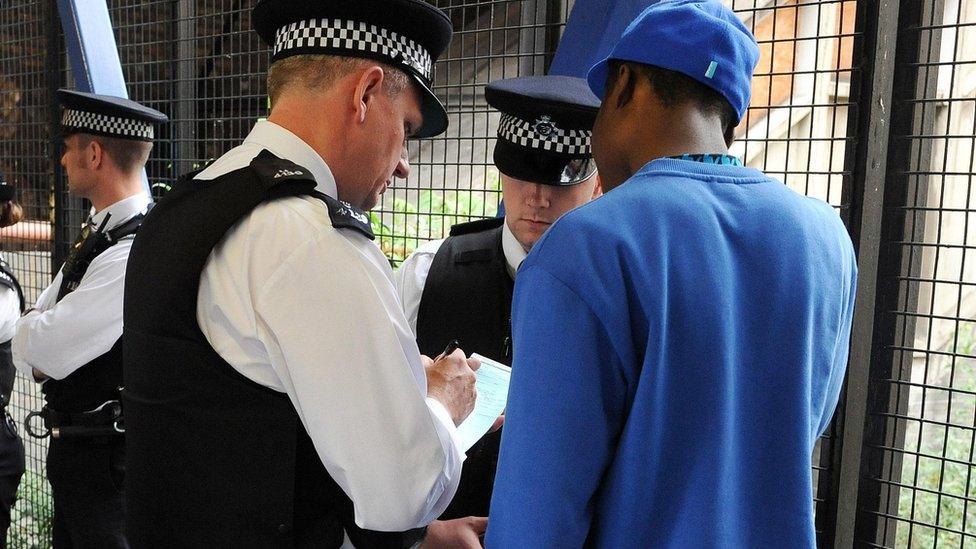Gang Violence Matrix: Met police to overhaul controversial database
- Published
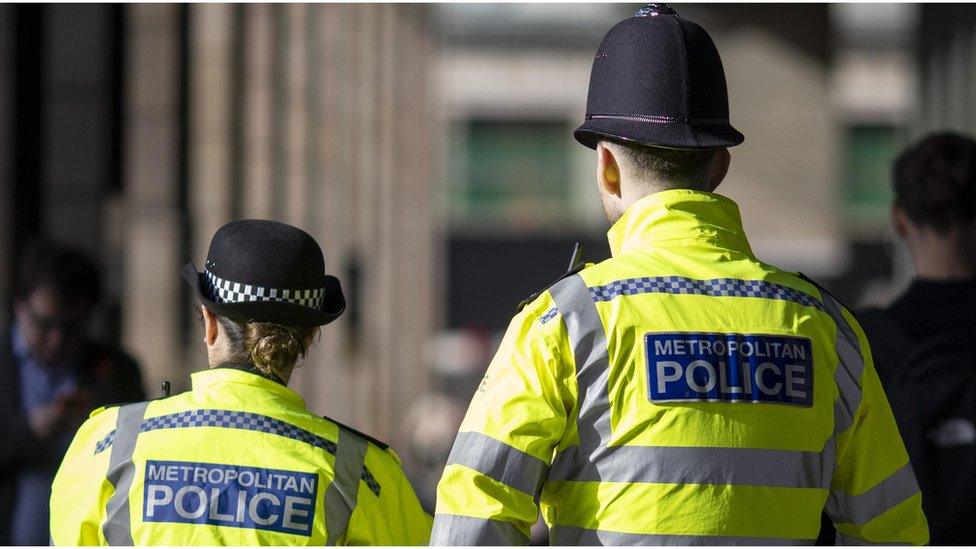
The Met has agreed to remove the majority of individuals from the Matrix
The Metropolitan Police Service has agreed to overhaul its controversial Gangs Violence Matrix, admitting that it needs "wholesale change".
The database is used by the Met to identify those at risk of committing, or being a victim of, gang-related violence in London.
The agreement follows a legal challenge by the human rights charity Liberty.
Met Commissioner Sir Mark Rowley said he was "committed to the complete redesign" of the database.
The programme was set up in 2012 as a response to the London riots the previous year, and the Met repeatedly said it was a crucial tool to prevent gang violence.
At its peak in August 2017 there were 3,881 individuals on the database. The number has now dropped to 1,933 - the lowest since it was introduced.
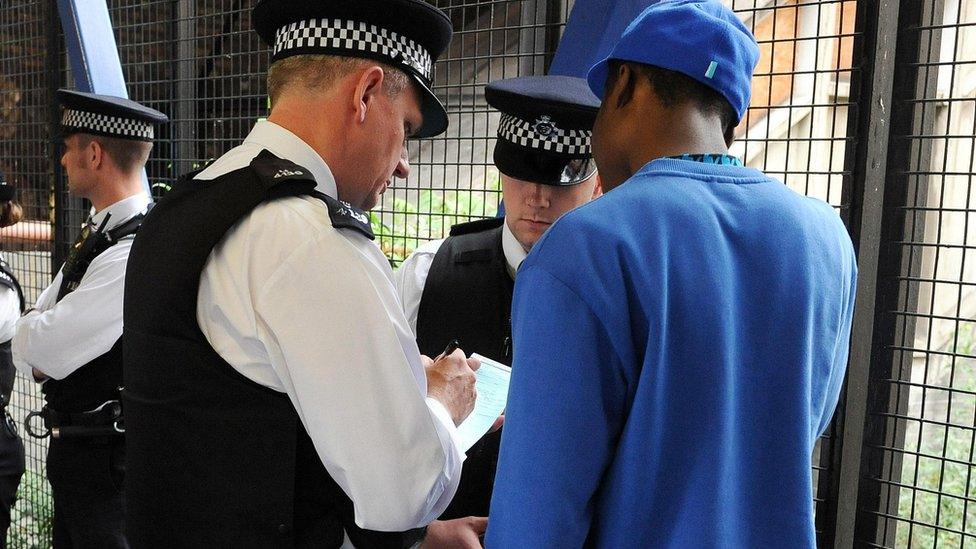
Young Black men were disproportionately represented in the matrix
Following a legal challenge from the charity Liberty, the Met has now agreed to remove the majority of individuals from the Matrix and to inform people who ask if they are on it, who their data has been shared with and what that data was.
Liberty was acting on behalf of musician Awate Suleiman and argued that the database discriminated against black people, who were disproportionately represented on the Matrix.
It came after Mr Suleiman wanted to know if he was on the list and it took the Met two years to respond to his inquiry.
He was then told the force "could neither confirm nor deny" his status.
It was not until the legal challenge was about to be heard that Mr Suleiman was told he was not, and never had been, on the database.
Now, the Met has agreed that people can apply to be informed if they were on the Matrix, and will only be refused if necessary for limited specified reasons, with the Information Commissioner to review refusals upon request.
The case was due to be held at the Royal Courts of Justice next week. However, the Met agreed to an overhaul, with more than 1,000 names to be removed.
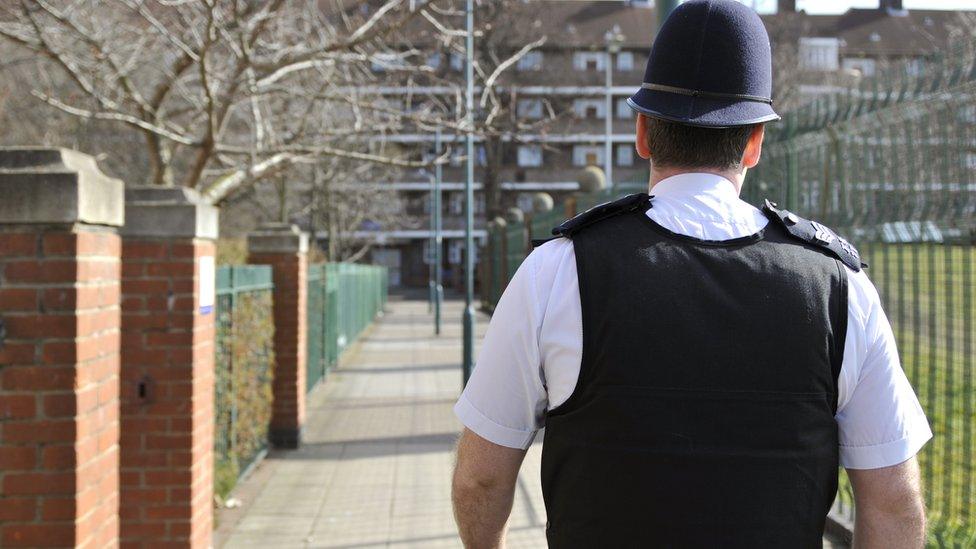
The Met said stop and search was a "vital and legitimate power that protects Londoners"
Lana Adamou, a lawyer for the charity, said: "People have been added to this matrix simply because of who their friends are, where they live, or because they have been a victim of crime.
"Once on the list, their data could be shared with third parties including the Home Office, local authorities, the DWP, housing providers, schools and the DVLA - leading to really serious and potentially life-changing consequences.
"As the Met overhauls its approach to policing serious violence, this is a real opportunity to find better ways of doing things."
Liberty argued the matrix was about keeping tabs on and controlling people, "with communities of colour and black people worst affected".
Analysis by the Mayor's Office for Policing and Crime (Mopac) found "an overrepresentation of young black males... as compared to both police recorded offending and victimisations cohorts".
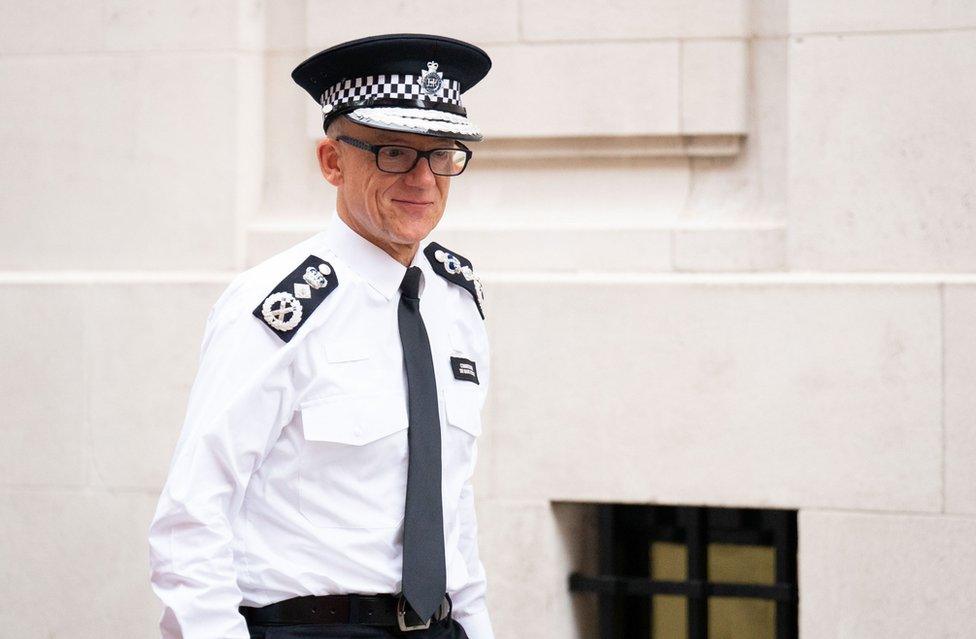
Sir Mark Rowley is tasked with rebuilding public trust in the Met
People on the matrix are given a rating of red, amber or green, with green being allocated to those least likely to pose a risk, and red the most.
The Met will now remove individuals currently scored as green.
Liberty is encouraging people who think they have experienced "over-policing", such as undergoing repeated stop and search procedures, to find out if they are or were ever on the matrix.
Sir Mark Rowley defended the use of data-led tools, but added: "It is our duty to use these responsibly and right that our methods are scrutinised.
"We acknowledge that the Gangs Violence Matrix does need to be redesigned, taking into account improvements in statistical methods and technologies."

Follow BBC London on Facebook, external, Twitter , externaland Instagram, external. Send your story ideas to hellobbclondon@bbc.co.uk, external
- Published31 October 2022
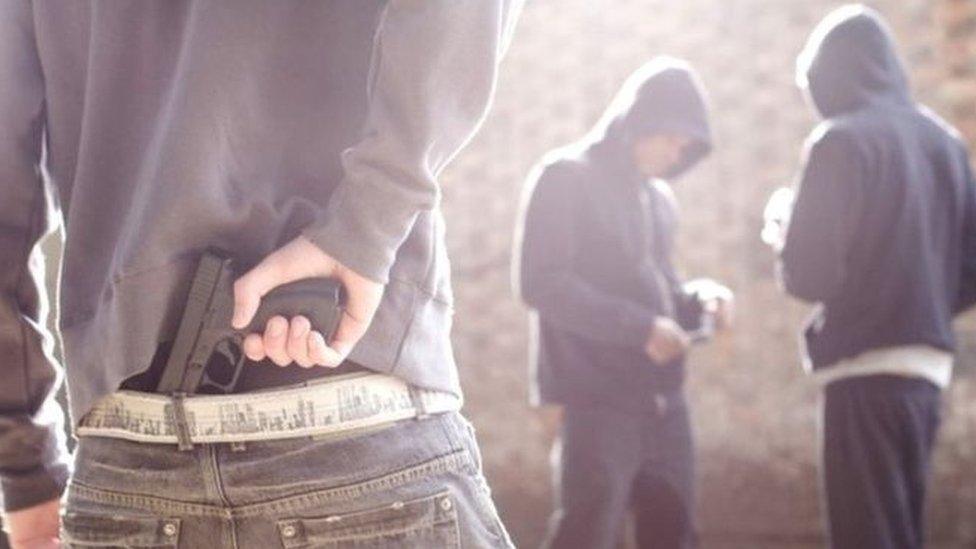
- Published3 February 2021
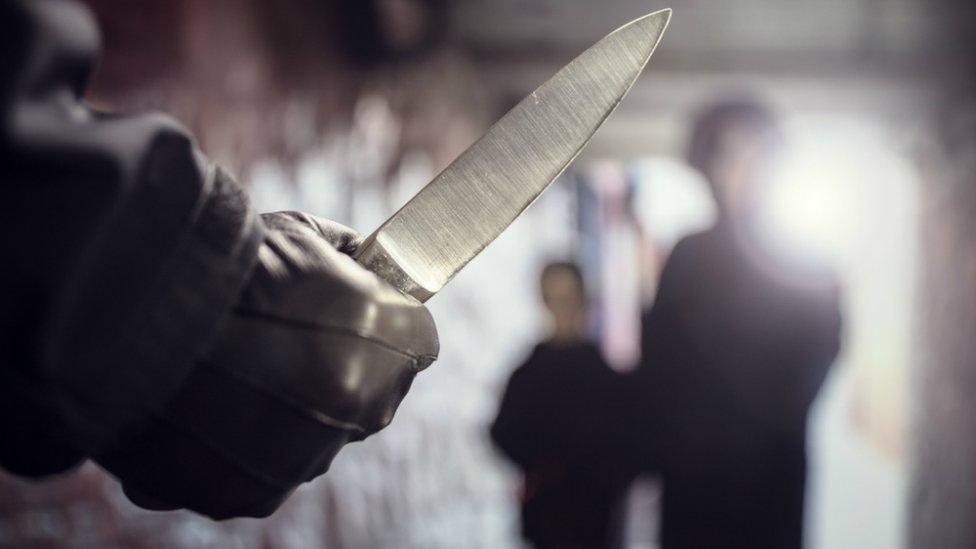
- Published15 February 2020

- Published21 December 2018

- Published26 July 2018
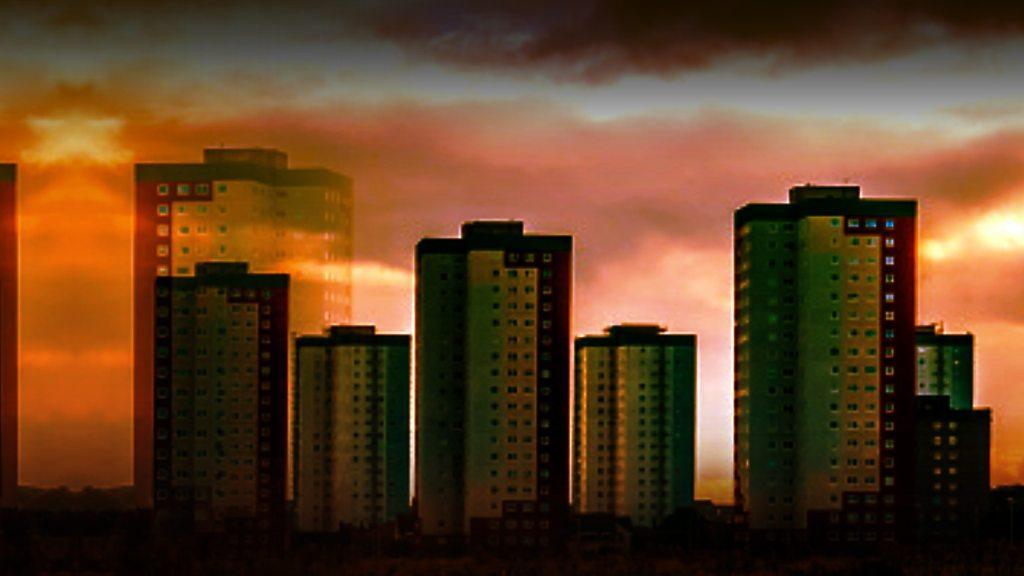
- Published9 May 2018
